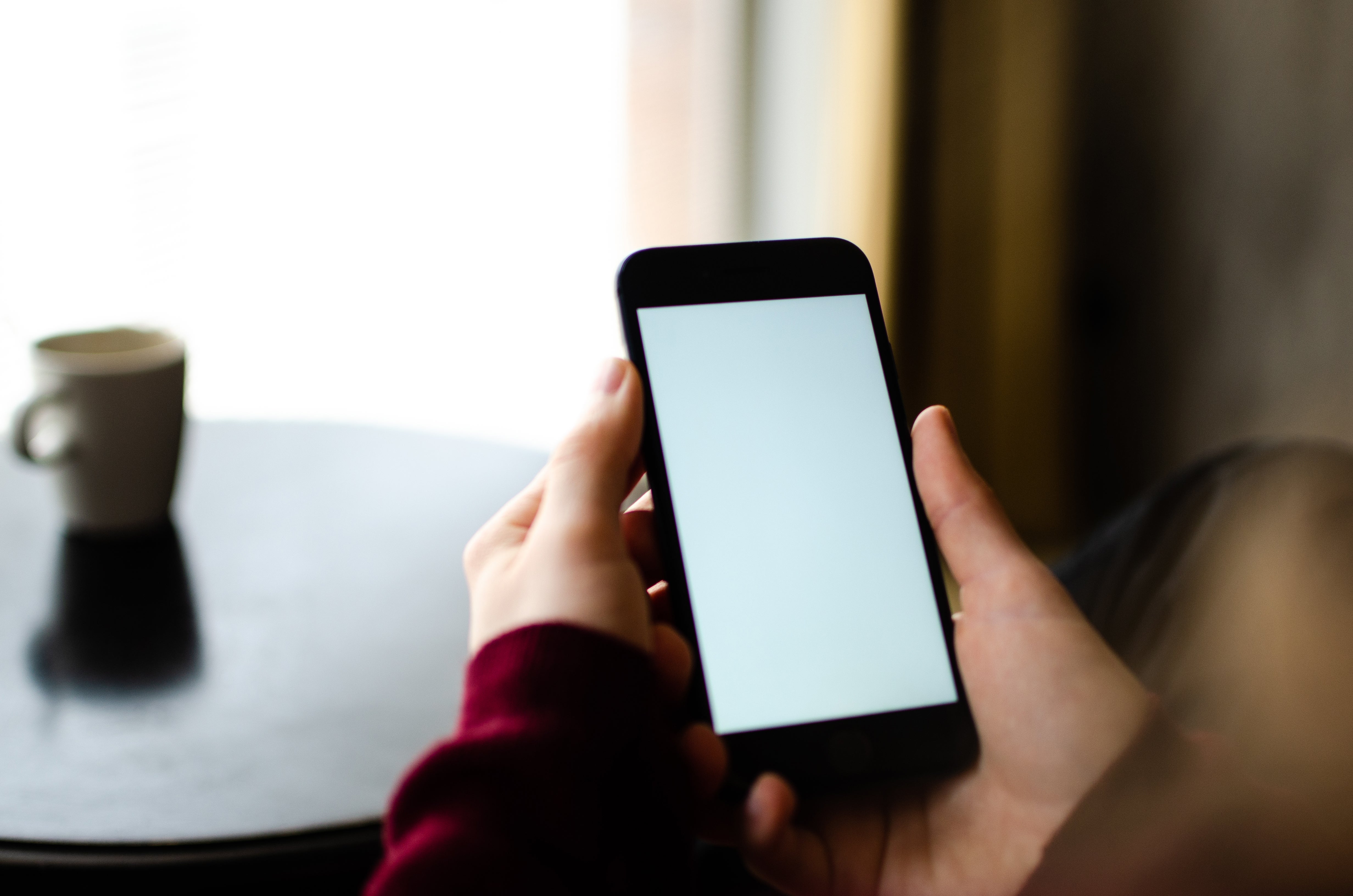The Independent's journalism is supported by our readers. When you purchase through links on our site, we may earn commission.
Coronavirus can survive for a month on mobile phone screens and banknotes, study suggests
Coronavirus can also survive on cotton for about seven days, study finds, longer than previously thought

The Covid-19 virus can survive for up to 28 days on paper banknotes, stainless steel and glass surfaces like mobile phone screens, according to new research.
Scientists have expressed a note of caution about the study, which was carried out in strictly controlled laboratory conditions including total darkness – given direct sunlight can rapidly inactivate the virus.
The study was published in the journal Virology by researchers from Australia's national scientific research agency, the Commonwealth Scientific and Industrial Research Organisation (CSIRO), and was carried out at the Australian Centre for Disease Preparedness (ACDP) in Geelong.
It found that the virus can survive longer at lower temperatures, tended to survive longer on non-porous or smooth surfaces such as glass, stainless steel and vinyl compared to more complex surfaces such as cotton, and survived longer on paper banknotes than plastic banknotes.
The research stressed that the virus’s persistence on glass was an important finding, given that touchscreen devices such as mobile phones, bank ATMs, supermarket self-service checkouts and airport check-in kiosks are high-touch surfaces which may not be regularly cleaned and therefore pose a greater transmission risk for Covid-19.
Such surfaces, the study authors suggested, should regularly be “disinfected, especially in multi-user environments.”
One of the study’s authors, Dr Debbie Eagles, is also the deputy director of the ACDP which has been working on both understanding the virus and testing a potential vaccine. She said their study showed that coronavirus can “remain infectious on surfaces for long periods of time, reinforcing the need for good practices such as regular handwashing and cleaning surfaces".
"At 20 degrees Celsius, which is about room temperature, we found that the virus was extremely robust, surviving for 28 days on smooth surfaces such as glass found on mobile phone screens and plastic banknotes,” said Dr Eagles.
She highlights that “similar experiments for Influenza A (H1N1 – swine flu) have found that it survived on surfaces for 17 days,” showing how comparatively resilient Covid-19 is.
Dr Eagles said that while the precise role of surface transmission, the degree of surface contact and the amount of virus required for infection is yet to be determined, establishing how long this virus remains viable on surfaces is “critical for developing risk mitigation strategies in high contact areas."
Further experiments carried out at 30 and 40 degrees Celsius showed that the survival times decreased as the temperature increased – to as little as 24 hours at 40 degrees Celsius.
Dr Shobha Broor, professor emeritus in the department of microbiology at Gurugram-based SGT University, said that it is a well-known fact that coronavirus can persist on surfaces for a significant duration.
“This study shows that virus was detected on glass and steel, but the question is [whether] the viral load on such surfaces is enough to cause an infection. Secondly, it is important to understand that this study was done in a controlled environment. The study itself shows that when such surfaces come in contact with ultraviolet light (sunlight) the virus’s presence decreased rapidly,” Dr Broor told The Independent.
Experts said the risk of being infected by surface contact after such a long time period was relatively small. Prof Paul Digard, chair of virology at the University of Edinburgh, said: “What’s important to remember is that the infectivity decays over time. So the amount of virus surviving at 28 days is very low and is therefore likely to be much less likely to infect someone than the higher amounts present when the virus is freshly deposited.”
Dr Julian Tang, a clinical virologist and honorary associate professor at the University of Leicester added: "Whilst such survival may be possible to demonstrate in the lab, in real-life everyday situations, such long survival periods may not be realistic.
“Also, if people are wearing masks they cannot self-inoculate to their nose or mouth easily – and people should be washing/alcohol gelling their hands more frequently now, anyway.”
According to the World Health Organisation (WHO), there have been over 37 million confirmed cases of Covid-19 globally, and more than a million deaths have been reported so far.
Director of the ACDP Professor Trevor Drew said many viruses remained viable on surfaces outside their host but how long they can survive and remain infectious depends on the type of virus, quantity, the surface, environmental conditions and “how it's deposited - for example touch vs droplets emitted by coughing.”
Prof Drew said that proteins and fats in body fluids can also significantly increase virus survival times. He said the research may also help to explain the apparent persistence and spread of coronavirus in cool environments with high lipid or protein contamination, such as “meat processing facilities, and how we might better address that risk.”
Subscribe to Independent Premium to bookmark this article
Want to bookmark your favourite articles and stories to read or reference later? Start your Independent Premium subscription today.

Join our commenting forum
Join thought-provoking conversations, follow other Independent readers and see their replies